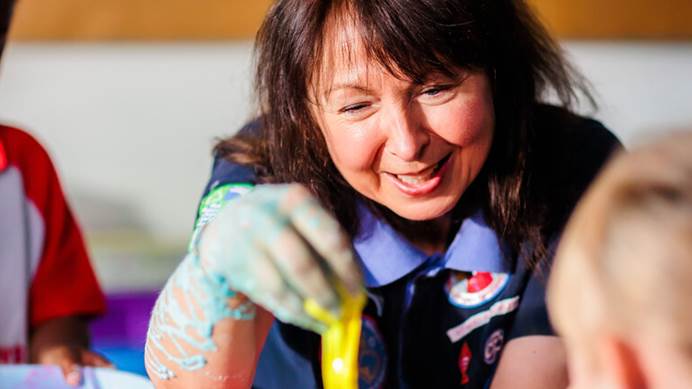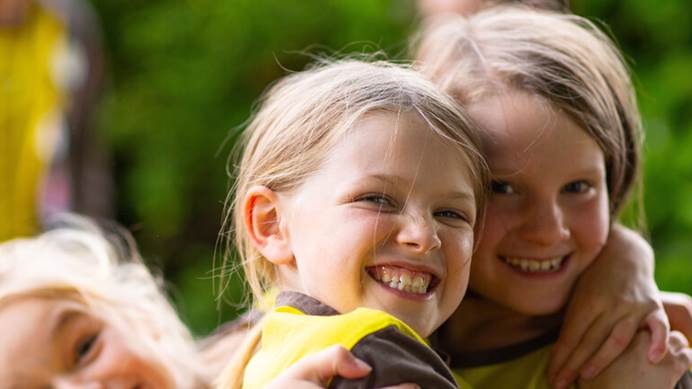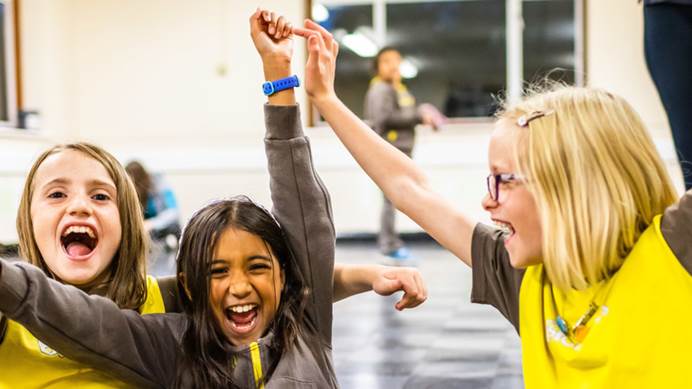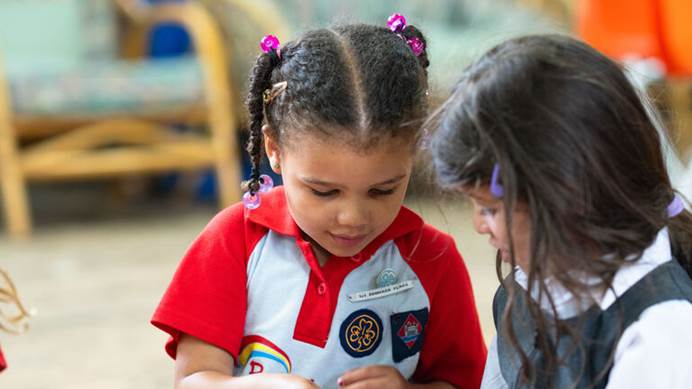How can we take the best steps to protect our planet?
Make a positive difference by using the waste hierarchy
In the 2022 Girls’ Attitudes Survey over 1 in 10 girls and young women aged 11 to 21 said climate change was the issue most important to them.
Over the past month, ourselves and many girls will have received presents, some may have been given new phones, or maybe toys that have batteries included... but what do you do with the old ones?
Daisy Corporate Services, our new partner and sponsors of the Rainbow recycling badge, explain how everyone can help the environment and make a positive difference by using the ‘waste hierarchy’.
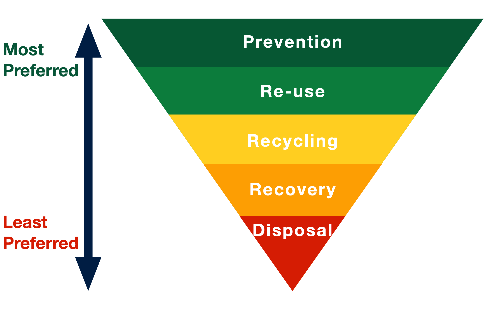
Here are some examples of each step of this tool - while some actions fall across more than one of the steps hopefully it’s helpful.
Prevention: With anything, preventing waste in the first place is always the best option. So to help our planet, there are actions that we can all take that will mean there are less things to throw away.
Over the festive period, did you receive any gifts that you now don’t know what to do with? Why not suggest that next year you share wish lists, or ask that any gifts are experiences, such as a trip to your local cinema?
Re-use: To create a really big difference, you could make things last longer. If you’ve received a new device, could you give away or sell the old one? There are plenty of charities that would happily take your tablet, old laptop or mobile phone.
If you have a tired piece of furniture in your unit meeting place, could your unit ‘upcycle’ it, helping the unit save money? How about starting a recycling scheme in your unit? Or maybe holding a swapping session so girls can swap items they no longer use or need for something they want?
Recycle: If you’re unable to find someone to sell or give the item to, or you’re unable to upcycle it, can it go to a charity shop or a charity that collects the item?
If this isn’t possible, can it go to your local recycling centre? If it’s electrical, for example, computer kit or a toaster, your local recycling centre will take this for you. If you’re getting rid of batteries, many supermarkets have battery collection points for you to use.
Recovery: There are some items that can’t be re-used or recycled, but something useful can be recovered from them. For example, energy can be created from food waste (such as food waste that can’t be composted). However, the process of making energy from this does release harmful gases into the atmosphere, which is why this option is low on the waste hierarchy triangle.
Disposal: where possible, always consider the other steps in the waste hierarchy. However, if none of them are possible then this is the only option.
It's amazing what we can do at home, the unit meeting place, or at school to protect the environment, including reducing energy - by switching off lights and appliances that you don’t need to use - and water.
Just by making little changes, it’s easy to use the ‘waste hierarchy’. We know you’re probably already taking many of these steps and we’d love to hear about what you’re doing. Please send us your photos to Facebook and Twitter and share your top tips.
